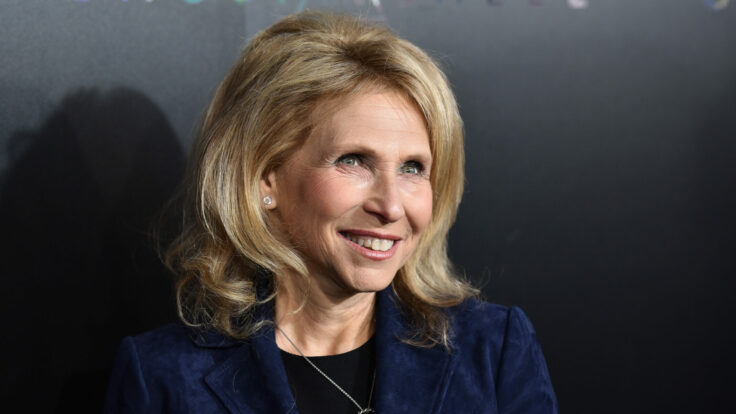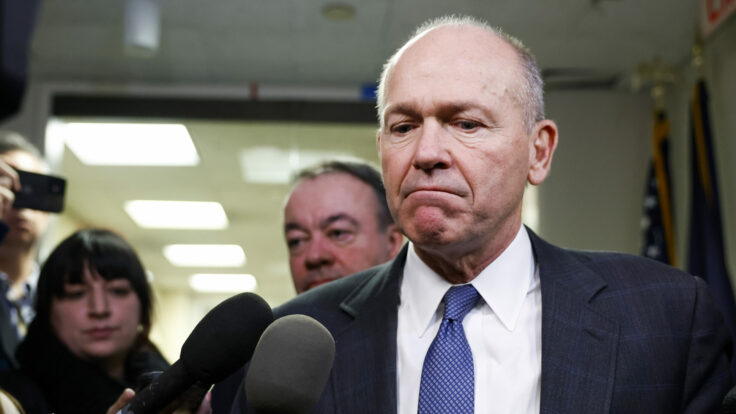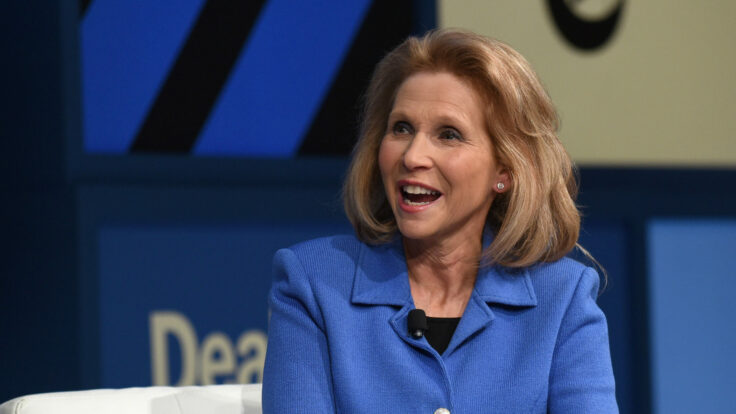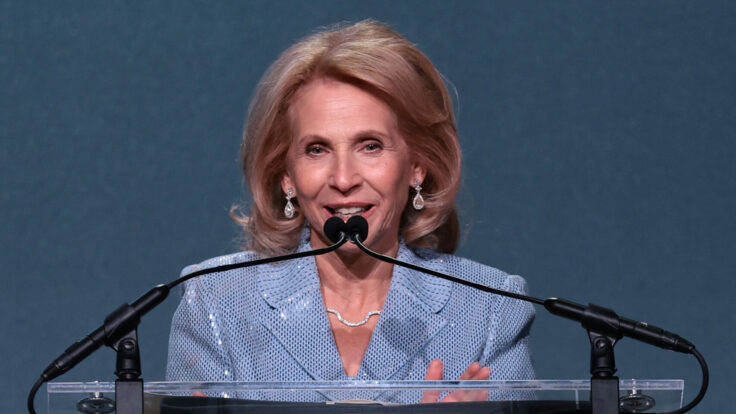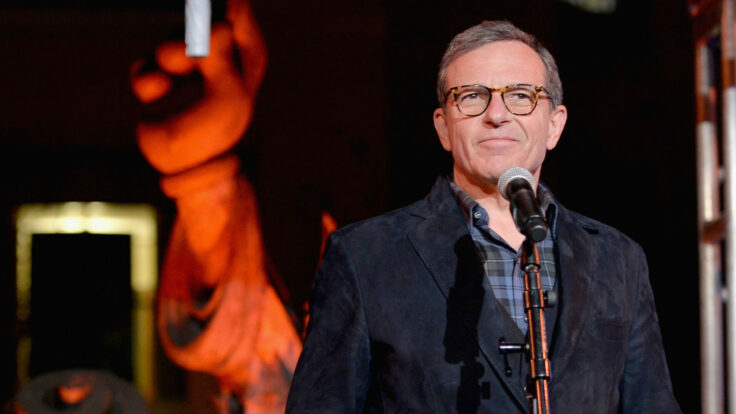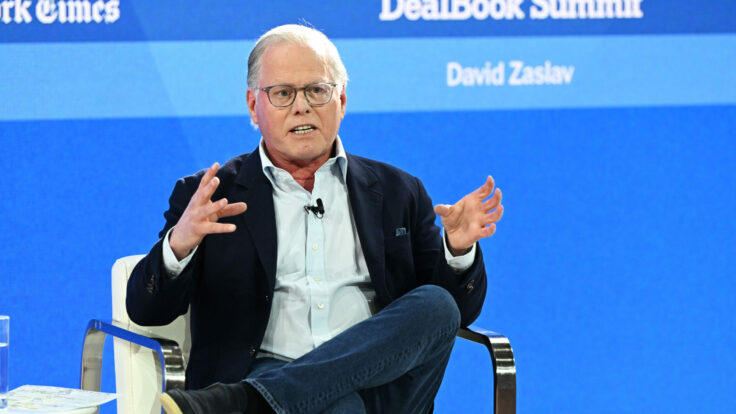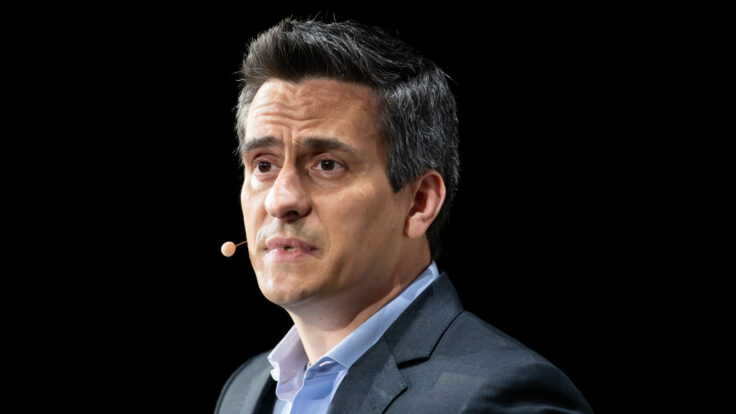Does it matter, from an investment banker’s perspective, how a stock trades after its initial public offering? It’s a relevant question for Goldman Sachs, which played a leading role in the recent I.P.O.s of Instacart (down nearly 25 percent from its high), Arm (already trading below its I.P.O. price), and Klaviyo (trading 15 percent below its high already), all of which were supposed to be the catalyst for a new pipeline of equity offerings this fall. (Goldman is also one of the lead underwriters on the large Birkenstock I.P.O. that’s coming in the next few weeks.)
The good news for the Goldman crew is that the I.P.O.s got done, and generated hundreds of millions of fees for the bank. After all, the first priority for an equity capital markets banker is to raise equity dollars for his or her clients, and it would be hard to argue that David Ludwig, the head of equity capital markets at Goldman Sachs, hasn’t succeeded at that. In fact, the three big I.P.O.s raised a combined $6.2 billion or so from equity investors. That means hundreds of millions in fees to the Wall Street underwriters, most of which can be turned into banker bonuses, or maybe even more important, expectations about banker bonuses. So that, at least, has to be considered a success for Goldman et al.






